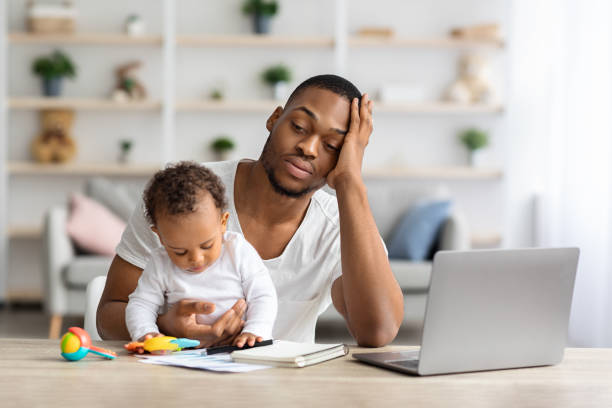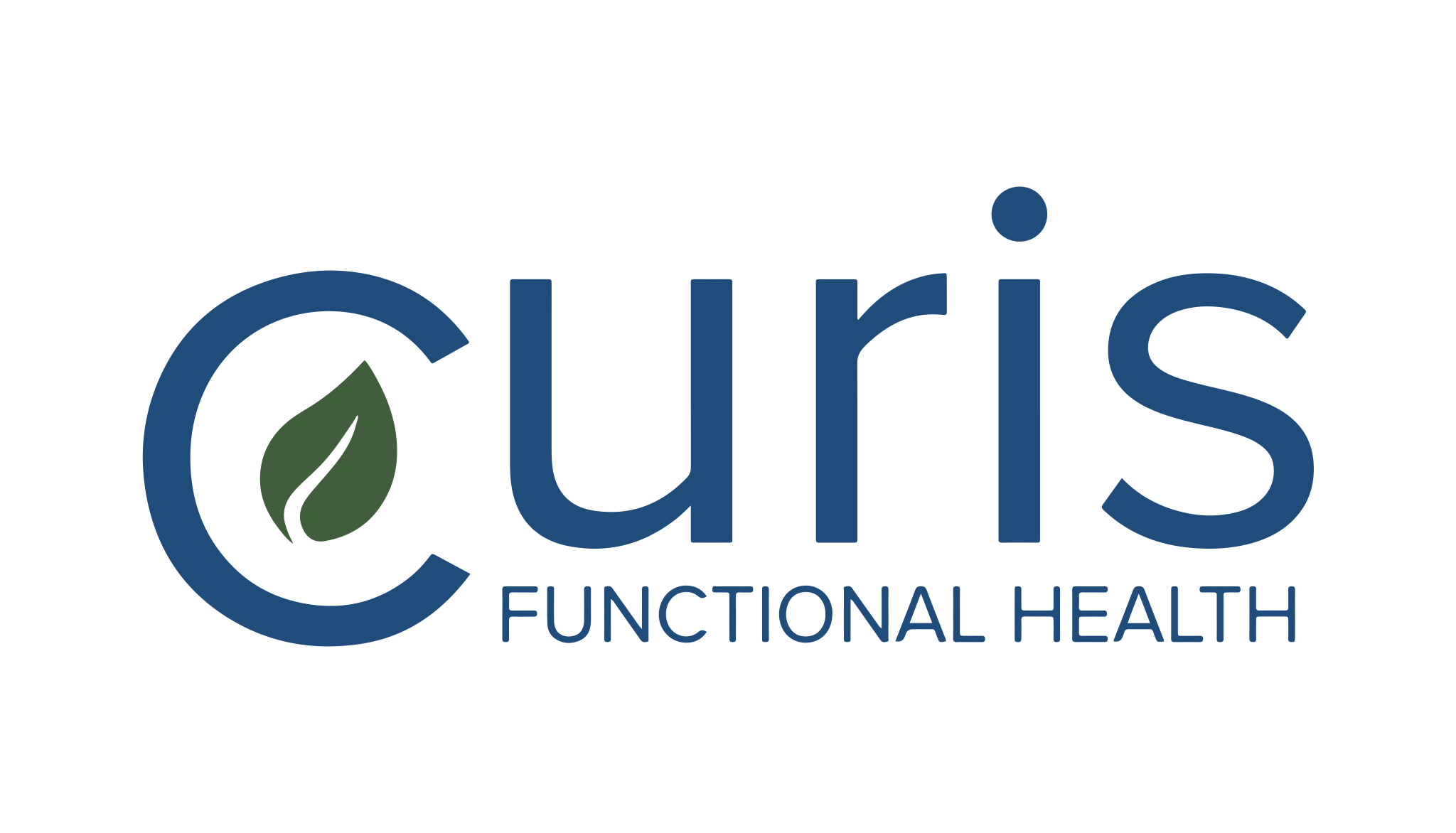
Each year the day after Father’s Day, it is International Father’s Mental Health Day. This year is the 4th annual IFMHD. Why is this so important? We want to shed light on the needs of Dad during the perinatal period. Did you know that suicide is the leading cause of death in men under the age of 50? 1 in 10 fathers experience postpartum depression or anxiety after the birth of a child. 50% of women who have postpartum also have a partner who has postpartum depression.

What do perinatal mood and anxiety disorders look like for men? Much like women, men also have a change in hormones. It’s not the same magnitude that women do. Still, men do have a decrease in testosterone, an increase in cortisol, an increase in estrogen, and increase in vasopressin, and an increase in prolactin. Depression may mask anger, addiction, or withdrawal. Those behaviors may be increased drinking, affairs, problems sleeping, low-stress tolerance, suicidal ideation, feelings of emptiness, always feeling tired or abusive, to name a few. Anxiety is also common along with depression and can manifest in anxiety around caring for the child, work/life balance, relationship issues, and irritability. This list is by no means exhaustive but gives a glimpse into what a father may be experiencing. These symptoms may begin 4-6 months postpartum and can last for a few years.
The question is how to support fathers who may also be experiencing this alongside their partners. The first step is assessing and checking in with them. The second step is helping fathers find ways to be included to foster attachment to their babies and wives:
- Giving fathers alone time with their children
- Encouraging fathers to get alone time outside of work
- Recognize that a father may have a slightly different approach to parenting (that isn’t necessarily bad)
- Helping the family get on a sleep schedule
- Encouraging fathers to manage their mental health
Here at Curis, we have mental health providers ready to support those willing to reach out and take that step.

Kimberly Hansley-Parish, LPC – Licensed Counselor in Dallas, TX
Supervised by: Jeanne Williams LPC-S
Schedule an appointment
